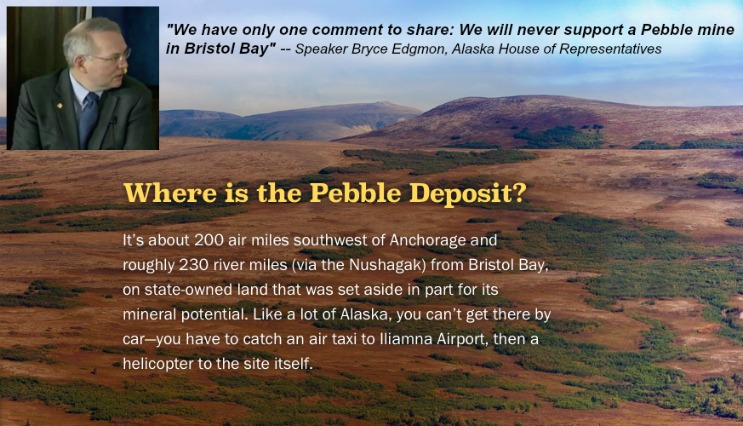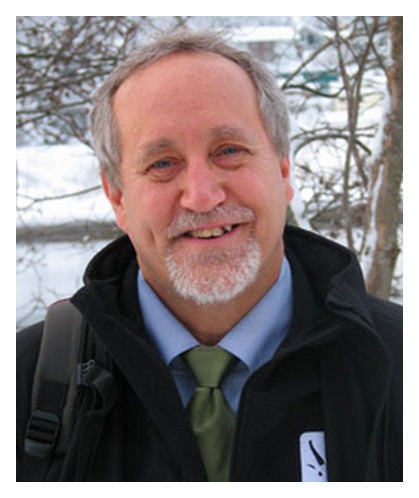
By WIN GRUENING
SENIOR CONTRIBUTOR

The “business of governing” is such a misnomer because government rarely acts like a business. If it did, it would run smoother, things would happen faster, and money would be saved. But as much as some would like to follow a business model in managing our various federal, state and municipal governments, in our imperfect democracy, it just isn’t possible.
The pace of change is maddening — the arcane rules, red tape and bureaucratic mumbo-jumbo almost unfathomable. Try as they might, our elected officials are as frustrated as we are when navigating the complicated officialdom and political mine fields greeting their every move.
Most of us don’t attend local assembly meetings often. Indeed, for some it may be considered an act of heroism to sit through hours of endless agenda items, then public testimony, motions, amendments, amendments to the amendments, at-eases, finally a vote — then reconsideration for further discussion at the next meeting.
If you have attended one of these meetings, you can’t but help feel sympathy and gratitude for our Assembly members who endure this on a regular basis. As these meetings slog on, much of it is just routine approvals and rubber-stamping of previous committee decisions. These are the boring but necessary functions allowing city hall to creep along its serpentine path.
Yet, occasionally, questions get asked and issues are raised that might not otherwise get the attention they deserve.
The most recent City and Borough of Juneau Assembly meeting on Monday, July 31, is a good example. The four-hour meeting addressed a variety of routine topics during the bulk of the meeting.
After dispensing with the flag salute, roll call, approval of the previous meeting’s minutes and public participation on non-agenda items, the consent agenda was approved containing four ordinances for introduction (including renewal of CBJ’s 1 percent sales tax and a proposed 2 percent increase in our hotel/motel bed tax), one bid award for $15.4 million (wastewater biosolids dryer building), and three liquor license actions.
The Assembly then unanimously approved a resolution to name the city park, now unofficially called Bridge Park or Whale Park, to “Mayor Bill Overstreet Park.”
This was followed by a series of actions on five different ordinances — all approved.
The Assembly then dealt with some Docks and Harbors matters and several pending appeals, one regarding property taxes and one regarding a Planning Commission action.
In a split vote, the Mayor and several Assembly members questioned the $1.2 million in supplemental funding requested for a pump house and restroom accommodations related to the bronze whale site. Six hundred thousand dollars in sales tax money was being used. It had been the understanding of some that no more tax money would be spent on this project. The request was narrowly approved on a 5-4 vote.
Up to this point in the meeting, after several hours had passed, there had been little public comment on any of the approved items and, except for two actions, all the manager’s recommendations were approved unanimously.
It wasn’t until towards the end of the meeting, during the Assembly comments and questions, two interesting topics surfaced.
First, Assembly Member Debbie White expressed concerns about the recently announced proposed sale of Juneau’s electric utility, AELP, to a Canadian company, Hydro One — 49 percent owned by the provincial government of Ontario. White raised the possibility of CBJ encouraging and/or facilitating retention of AELP by local ownership and offered a suggestion on how that might occur.
Consideration was given to CBJ taking an equity position in the utility or assisting a local private group to purchase the company. Discussion on the matter ensued at length noting that AELP is a very profitable company and many other Alaska cities have ownership in their electrical utility. There was general agreement this was important to Juneau and various avenues should be explored to determine what might be possible.
Second, Assembly Member Jerry Nankervis asked permission to meet with the Finance Department to discuss possible changes to sales tax exemptions as it applies to nonprofit organizations, such as those doing business as the Sealaska Heritage Institute retail store and the Juneau Arts and Culture Center (JACC).
He wondered about the appropriateness of having these organizations not being required to collect sales tax from visitors and residents buying their merchandise such as art, jewelry, and handicrafts when other competing local businesses are required to do so. Nankervis made clear he was not referring to a nonprofit’s exemption from paying sales tax — only from collecting it from a buyer. Without objection, permission was granted by the Assembly.
The meeting finally adjourned at 10:55 p.m. — long after many members of the public had departed.
Just another day (and night) in the life of our borough Assembly members.
Win Gruening retired as the senior vice president in charge of business banking for Key Bank in 2012. He was born and raised in Juneau and graduated from the U.S. Air Force Academy in 1970. He is active in community affairs as a 30-plus year member of Juneau Downtown Rotary Club and has been involved in various local and statewide organizations.





 Rep. Tammie Wilson of North Pole said the Speaker doesn’t speak for her. She is a conservative Republican and Edgmon, a lifelong Democrat, rarely agrees with her.
Rep. Tammie Wilson of North Pole said the Speaker doesn’t speak for her. She is a conservative Republican and Edgmon, a lifelong Democrat, rarely agrees with her.


 Water has always been a public resource, held in trust by the state for all its citizens.
Water has always been a public resource, held in trust by the state for all its citizens.




